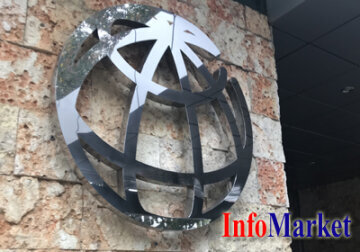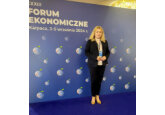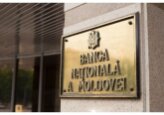
The World Bank will allocate $40 million for the implementation of the Strengthening Moldova's Disaster Risk Management and Climate Resilience Project
Specifically, the WB Board of Directors approved a matching financing package for the Strengthening Moldova's Disaster Risk Management and Climate Resilience Project, which aims to support Moldova's improved preparedness and response to natural disasters and climate change shocks that threaten lives, homes, and critical infrastructure. The project takes an integrated approach to strengthening disaster risk management capacity in Moldova through 3 components: installation and implementation of a national public alert system based on mobile electronic communication; improvement of Moldova's meteorological and hydrological service; and alignment of national seismic design and retrofitting standards with EU building regulations, especially with regard to earthquake resistance. In particular, a national public alert system based on mobile electronic communication, being integrated with existing meteorological, hydrological and geological information systems, will significantly improve the country's preparedness to deal with natural disasters such as floods, fires and earthquakes. The project will also support the procurement of emergency response vehicles and equipment, such as fire engines and specialized equipment for search and rescue and logistics operations, which will strengthen the capacity of emergency services at the national and local levels. In terms of improving Moldova's meteorological and hydrological services, the project aims to support strengthening of the country's meteorological forecasting capacity and modernization of the early warning system, which will improve decision making for decision makers, enterprises and farmers who are increasingly affected by drought events. At the same time, a component such as harmonization of national seismic design and retrofit standards with EU building standards, especially earthquake resistance standards, includes the development of national methodologies for seismic and disaster risk mapping, as well as rapid visual inspection of buildings based on characteristics related to seismic vulnerability. The project will also help replenish the Disaster Reserve Fund to provide transparent and rules-based financing to respond to severe weather events, the severity and frequency of which will increase in the future as a result of climate change. According to the World Bank Group Country Director for Moldova, Inguna Dobraja, Moldova is among the most climate vulnerable countries in Europe. Since 2000, it has experienced significant natural disasters or natural hazards on average every 3 years. “Improving Moldova's emergency preparedness and response capacity is essential to protect human life and prevent economic losses caused by climate change-induced disasters,” she said. Strengthening Moldova's Disaster Risk Management and Climate Resilience Project will be co-financed by grant funds provided by the Global Facility for Disaster Reduction and Recovery (FGRRD) and the Technical Assistance Financing Facility for Disaster Prevention and Preparedness (TAFF) in the Europe and Central Asia Region, funded by the Directorate-General for European Civil Protection and Civil Aid Operations (EU DG ECHO) and administered by FGRRD. Earlier it was reported that the WB will allocate a $40 million loan to Moldova to implement a project on disaster risk management and support the country's resilience for 30 years with a 5-year grace period. The loan is to be repaid semi-annually and the interest rate is variable (Euribor 6 months plus a margin set by the bank semi-annually). The commitment fee and one-time fee will be 0.25% each. Since 1992, the World Bank has committed over $2.1 billion to more than 70 operations in Moldova, covering areas such as regulatory reform and business development, modernization of public services, tax administration, cadastre, education, roads, health, agriculture, water, sanitation and energy. As of September 2024, there are 14 active World Bank operations in Moldova that support improved living standards for tens of thousands of people across the country, including students, farmers, people with disabilities, and refugees from Ukraine. Current activities of the International Finance Corporation (IFC) and the Multilateral Investment Guarantee Agency (MIGA), both members of the World Bank Group, include financial sector projects, private and public sector consulting, and risk insurance activities. // 06.09.2024 - InfoMarket







